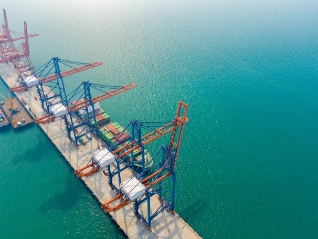Atradius Atrium
Přihlášení do inovativního online systému, který vám poskytne vše, co potřebujete pro správu vaší pojistné smlouvy.
 Czech Republic kanceláře
Czech Republic kanceláře

























Načíst více
Prohlížení 7 z 12



Chcete se s námi spojit ohledně tiskových zpráv nebo publikací zveřejněných na stránkách Atradius? Kontakujte naše mediální zástupce.
Ing. Markéta Stržínková, Ph.D.
Generální ředitelka organizační složky pro ČR
Mob.: +420 775 735 190
Email: marketa.strzinkova@atradius.com
Naši místní tiskoví mluvčí pověření komunikací s místními veřejnoprávními médii jsou tu pro vás, aby vám odpověděli na vaše dotazy.
Máte nějaké otázky?